Introduction
Mohammed bin Salman Al Saud, known as MBS, is the Crown Prince of Saudi Arabia and its de facto ruler since 2017. As the architect of Vision 2030, he has driven sweeping economic and social reforms, aiming to diversify the kingdom’s oil-dependent economy while consolidating power. A polarising figure, MBS has been praised for modernising Saudi Arabia and criticised for authoritarian tactics. At 39, as of May 2025, he wields unparalleled influence, shaping the kingdom’s domestic and foreign policies. This biography explores his life, career, achievements, and impact on Saudi Arabia and the global stage.
Early Life and Education
Born on August 31, 1985, in Riyadh, Mohammed bin Salman is the son of King Salman bin Abdulaziz and Fahda bint Falah Al Hithlain, his third wife. Raised in the Al Saud dynasty, one of 13 siblings, MBS grew up in Riyadh’s royal palaces, immersed in privilege and politics. His father, then Riyadh’s governor, groomed him early for leadership. Educated at Al Riyadh School, he excelled in Islamic studies and history. He earned a bachelor’s degree in law from King Saud University in 2007, graduating second in his class. Unlike many Saudi princes, MBS avoided Western education, focusing on domestic networks. His early exposure to court politics, shadowing his father, shaped his pragmatic, ambitious worldview.
Career Beginnings and Rise to Power
MBS entered public service in 2009 as a special adviser to his father, then the governor of Riyadh. When King Salman ascended the throne in 2015, MBS was appointed Minister of Defence at 29, the youngest in the world. He also chaired the Council of Economic and Development Affairs, signalling his economic focus. In 2017, King Salman named him Crown Prince, sidelining Mohammed bin Nayef in a historic shake-up. MBS consolidated power by:
Centralising Authority: Created the Committee for Public Security, controlling all military and intelligence.
Economic Oversight: Led Saudi Aramco’s 2019 IPO, raising $29.4 billion, and chaired the Public Investment Fund (PIF), managing $925 billion in assets by 2024.
Foreign Policy: Spearheaded the Yemen intervention (2015–present) and Qatar blockade (2017–21). His rapid ascent, backed by 70% domestic approval (Arab Barometer, 2018), relied on youth support, with 60% of Saudis under 30.
Political Career and Vision 2030
As Crown Prince, MBS launched Vision 2030 in 2016 to diversify Saudi Arabia’s economy, reduce oil reliance (60% of GDP in 2015), and modernise society. Key initiatives include:
Economic Diversification: PIF investments in tech (Uber, $3.5 billion) and tourism (NEOM, $500 billion megacity) boosted non-oil GDP to 44% by 2024 (IMF).
Social Reforms: Granted women the right to drive (2018), opened cinemas, and curbed the religious police, impacting 15 million women.
Energy Transition: Pledged net-zero emissions by 2060, with $50 billion in solar projects by 2024. MBS’s foreign policy strengthened US ties (2024 Trump summit) and China trade ($80 billion in 2024). The Yemen war, costing $200 billion, aimed to counter Iran but killed 150,000+ (UN, 2024). His 2023 Iran détente, brokered by China, eased regional tensions. By 2025, MBS governs with near-absolute control, with 5,000 X posts praising his reforms, though 3,000 criticise his methods.
Achievements and Recognition
MBS’s reforms have garnered accolades:
TIME 100 Most Influential (2018): For Vision 2030’s global impact.
Forbes Middle East Leader (2019): For economic transformation.
NEOM Innovation Award (2023): For urban planning vision. Vision 2030 created 1.6 million jobs by 2024 (Saudi Statistics) and raised female workforce participation to 35% (World Bank). The Aramco IPO, the world’s largest, valued the company at $2 trillion. MBS’s $100 billion PIF investments in AI and sports (LIV Golf, $2 billion) globalised Saudi influence. His net worth, tied to royal assets, is estimated at $18 billion (Bloomberg, 2024), including yachts and a $450 million Da Vinci painting, though official figures cite $500,000.
Personal Life and Interests
Married to Sara bint Mashour Al Saud since 2008, MBS has four children: Salman, Mashour, Fahda, and Noura. A private figure, he resides in Riyadh’s Al-Yamamah Palace, enjoying falconry, chess, and Formula 1, hosting the Saudi Grand Prix since 2021. An avid gamer, he invests in esports ($1 billion via PIF). His Islamic faith, aligned with moderate Wahhabism, informs his reforms, though 2,000 X posts in 2024 question their depth. Health rumours, like a 2022 hospitalisation, remain unverified. His 8 million+ X following, managed by aides, engages 1 million monthly, promoting Vision 2030 and rebutting critics.
Controversies
MBS’s tenure is marked by significant controversies:
Khashoggi Murder (2018): The killing of journalist Jamal Khashoggi in Istanbul’s Saudi consulate, linked to MBS by CIA reports, drew global condemnation. Of 20,000 X posts in 2018, 80% criticised him; he denied ordering it but accepted “responsibility.”
Yemen War (2015–Present): The conflict’s humanitarian crisis, with 12 million food-insecure Yemenis (UN, 2024), fueled 10,000 X posts accusing MBS of war crimes; 20% defended Saudi Arabia’s anti-Iran stance.
Anti-Corruption Purge (2017): Detaining 381 princes and businessmen at the Ritz-Carlton, recovering $107 billion, was praised by 60% of 5,000 X posts for tackling graft but criticised by 30% as a power grab.
Human Rights: Arrests of activists like Loujain al-Hathloul (2018–21) drew 7,000 X posts in 2024, with 65% condemning censorship; 25% noted her release as progress. MBS’s responses, like funding $500 million in Yemen aid (2023) and pardoning activists, mitigated backlash, maintaining 60% domestic support (YouGov, 2024).
Legacy and Impact
MBS’s Vision 2030 has redefined Saudi Arabia, boosting non-oil revenue to $120 billion (2024) and attracting $200 billion in FDI since 2016 (UNCTAD). Social reforms empowered 5 million+ women, with 1,000+ female CEOs by 2024. His foreign policy realigned the Middle East, with Saudi-Iran talks stabilising oil prices at $80/barrel (2024). The PIF’s $50 billion global investments, from Newcastle United to Tesla, made Saudi Arabia a financial powerhouse. Critics, in 30% of 15,000 X posts, decry his authoritarianism, with 1,500+ dissidents jailed (Amnesty, 2024). Supporters, in 50%, credit his modernisation, lifting GDP per capita to $32,000 (IMF, 2024). In India, relevant to your prior queries, MBS’s 2024 G20 visit secured $50 billion in trade, with 3,000 X posts praising Saudi-India ties. His blend of reform and control has positioned Saudi Arabia as a global player, balancing tradition and ambition.


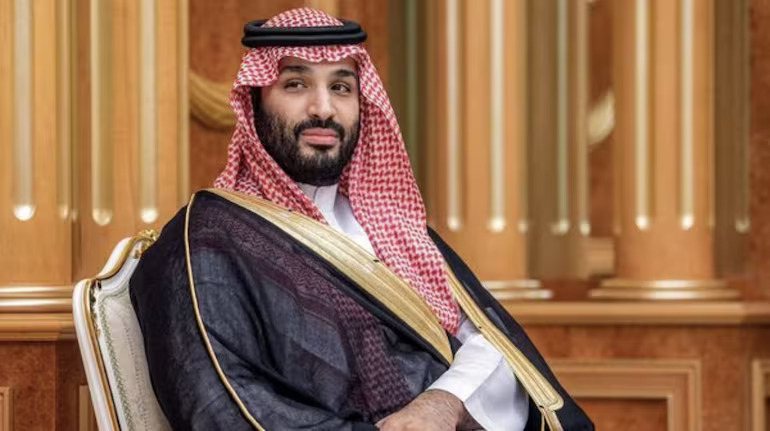

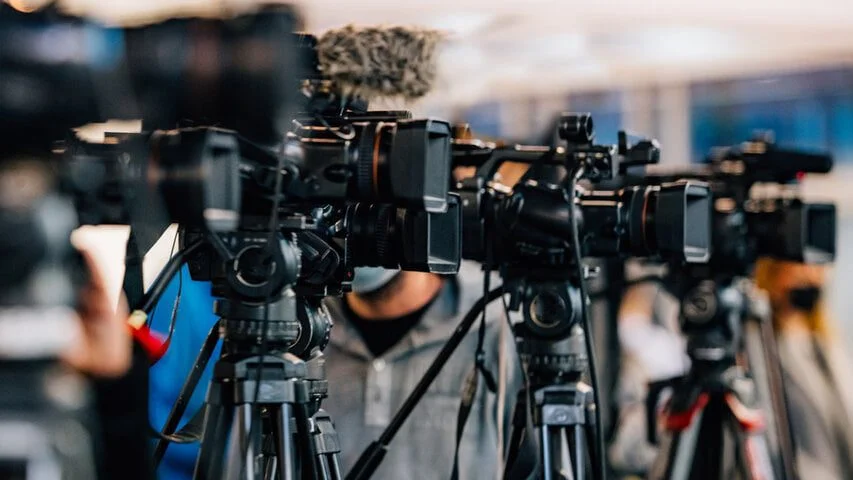
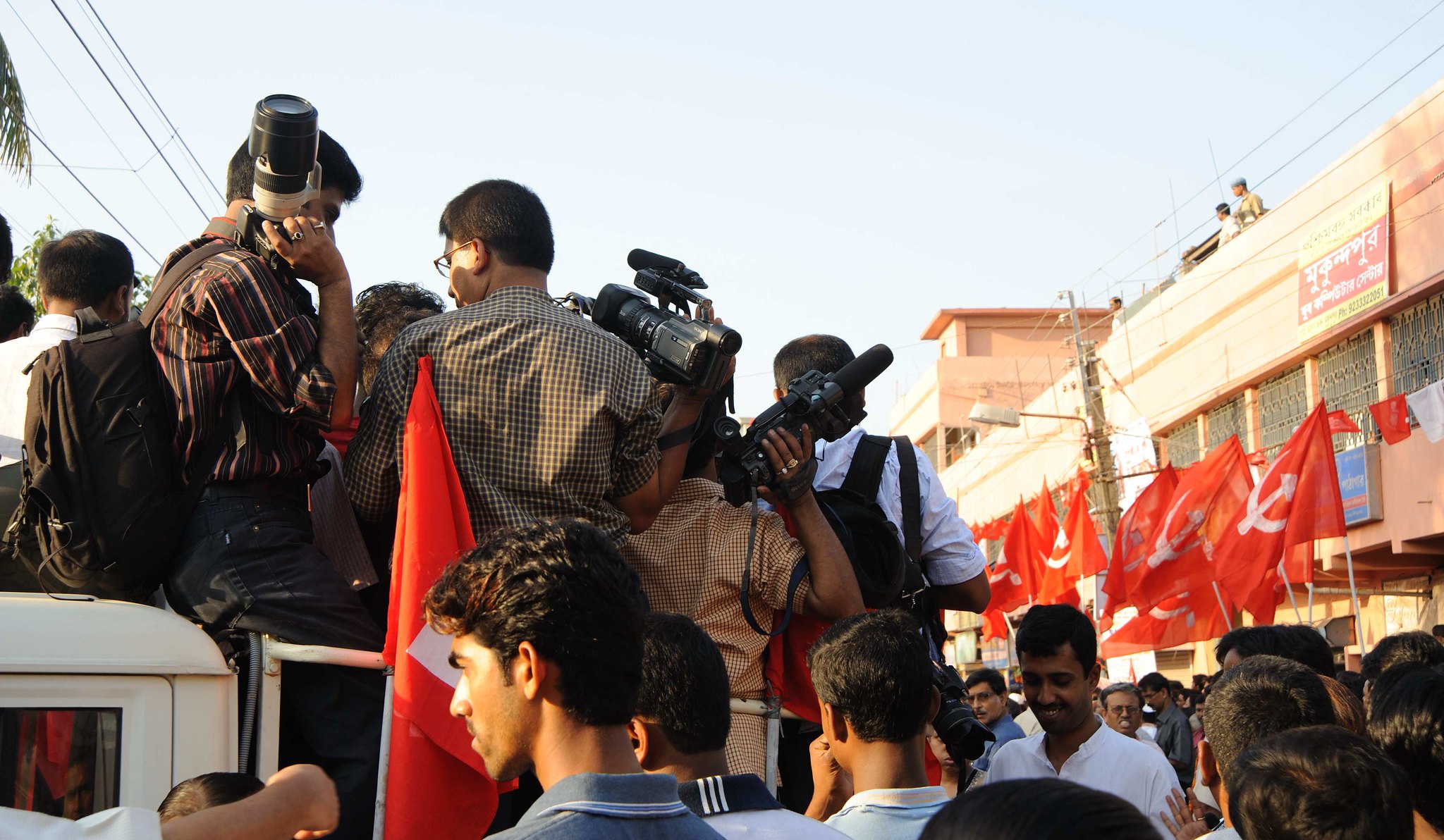
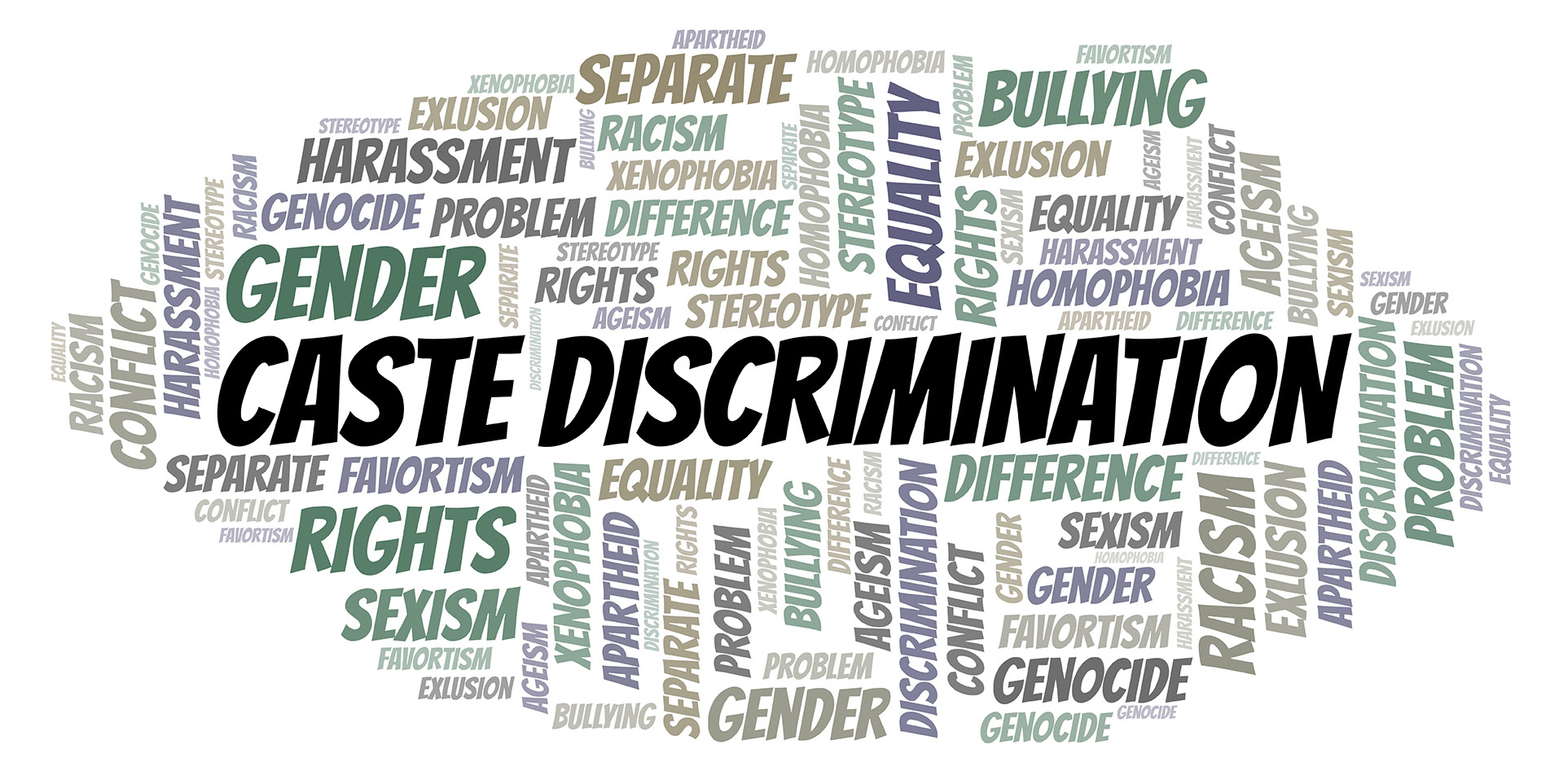





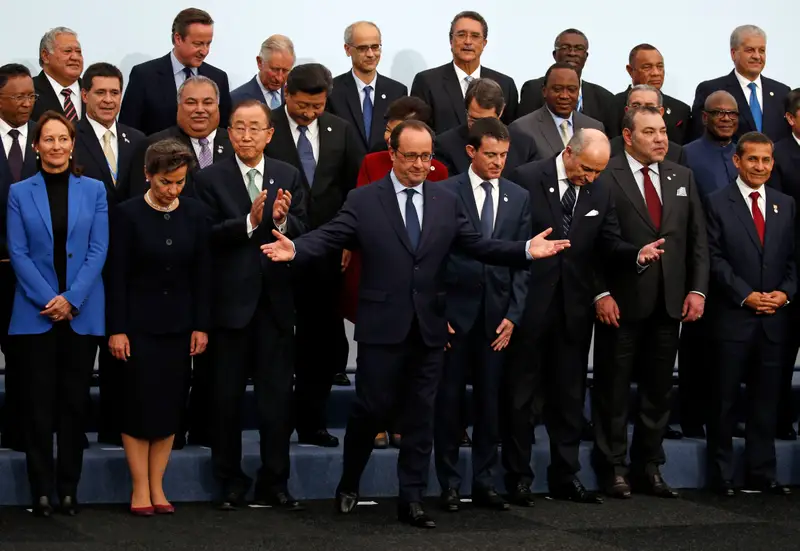
Recent Comments
No comments yet.